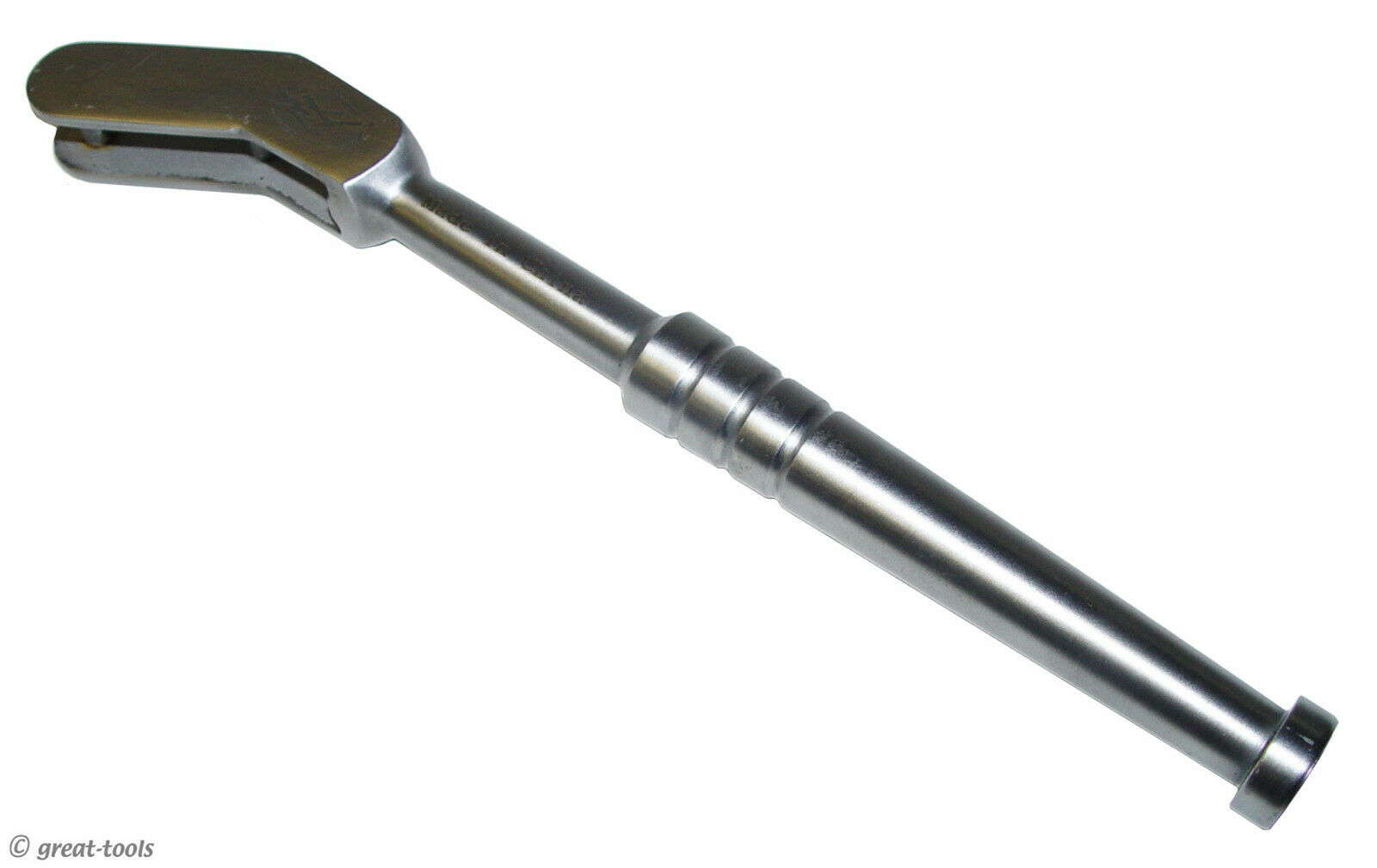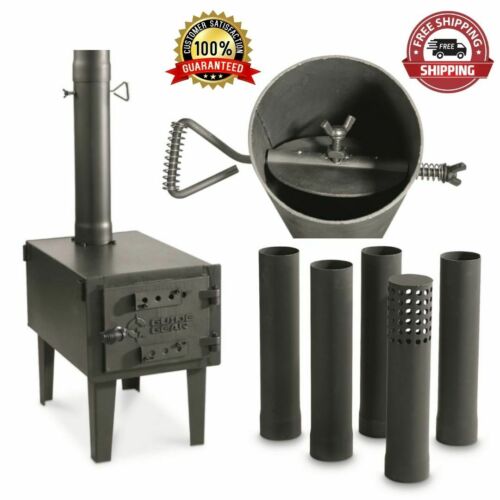kale trio sprouting and microgreen mix
kale trio sprouting and microgreen mix. New and unopened. Packed on 03/2021. The following is information from the company’s website. A mild, flavorful & nutrient rich mix of our favorite kale varieties. Contains Vates Blue Curled Scotch, Premier & Red Russian Kale. All seeds are non-GMO & heirloom varieties. How to Grow Kale Trio Sprouting
kale trio sprouting and microgreen mix. New and unopened. Packed on 03/2021. The following is information from the company’s website. A mild, flavorful & nutrient rich mix of our favorite kale varieties. Contains Vates Blue Curled Scotch, Premier & Red Russian Kale. All seeds are non-GMO & heirloom varieties. How to Grow Kale Trio Sprouting & Microgreen Mix • . • . • . • . • . • . • . • . • . • . • . • . • . • . • . • . • . • . • Kale Sprouts – 1 Quart Mason Jar Method You will need: • 2 Tablespoons of Kale Seeds • 1 Quart Sized Mason Jar (You can use a larger jar or sprouter if you would like, just be sure to adjust the seed quantity accordingly. For instance, if you are using a ½ gallon jar, you will require 4 Tablespoons of seeds rather than 2 Tablespoons). • Sprouting Lid or Screen • Fresh Water for Soaking and Rinsing (1) Measure 2 Tablespoons of kale seeds into a quart sized mason jar. (2) Cover the seeds with plenty of water and place your sprouting lid or screen on the jar. Allow the seeds to soak overnight for 8-12 hours. (3) On the morning after soaking your seeds, drain the soak water out of the sprouting jar and then give the seeds a good rinse with fresh water. Drain off all water very well. (4) Shake the seeds out a bit in the jar, making sure that they aren’t piled up against the screen (this would prevent good airflow). Rest the jar on its side on your countertop. It’s a good idea to check on your seeds after a few minutes have passed to make sure there is no water “pooling” around the seeds in your jar. If you notice any amount of excess moisture in the jar, simply tilt the jar over your sink to drain out the water that has accumulated. (5) Kale sprouts can be a little bit touchy as they’re getting started. Keeping the jar in a dark place with good airflow for the first 4 days while the seeds are germinating can help ensure a good harvest. A good option is to place a dark cloth or lightweight towel over the jar during the first few days (being careful not to cover the screen so the airflow is still good). (6) On the evening of the first day, you will rinse and drain your seeds one more time, following the process outlined in step 4 after draining. (7) On each subsequent day, you will repeat the rinse & drain process TWICE daily (morning and evening). The key here is to make sure you are thoroughly draining all of the water out of your jar after rinsing. (8) On the 5th day, you can remove the dark cloth covering your sprouting jar if you’re using one. (9) On the final day of sprouting, you can move your sprouter to a sunnier location, such as a windowsill. This will encourage chlorophyll development, causing your sprouts to “green up”. Make sure that this location is not too hot or extremely bright (this can dry out or even harm the sprouts). Greening up your sprouts should only take a few hours at most. (10) Your kale sprouts should be ready to harvest by the 7th day. (11) When you’re ready to harvest, give your sprouts one final rinse and de-hull if you’d like. Be sure to drain and dry the sprouts thoroughly prior to refrigerating. A salad spinner works great for drying your sprouts. • . • . • . • . • . • . • . • . • . • . • . • . • . • . • . • . • . • . Kale Microgreens You will need: • Growing Medium, such as Planting Soil or Coconut Coir • 4 Teaspoons Kale Sprouting Seed • 10” x 10” Growing Tray (you can use any size tray, just be sure to adjust the number of seeds accordingly) • Spray Bottle with Water (for keeping the growing medium moist throughout the growing process) A NOTE ON SOAKING SEEDS: When growing microgreens, these seeds can be planted either dry or soaked. There are advantages to both approaches. If you decide to soak the seeds prior to planting, you will find that germination comes a little faster and a little easier. However, it can be a bit challenging to spread the wet seeds evenly across the growing medium after draining their soak water. If you decide to plant the seeds dry, they are much easier to spread evenly across the growing medium. However, you will have to pay close attention to the growing medium during the early stages to ensure it is consistently moist enough for the seeds to germinate well. If soaking seeds, soak in clean water for 8-12 hours prior to planting. (1) Cover the bottom of the container with an inch or two of moistened soil. Flatten and level it with your hand, being mindful not to compact the soil. If you’re using coconut coir or another growing medium, follow the manufacturer’s instructions or contact us directly if you need help. (2) Evenly scatter the seeds onto the growing medium. Press the seeds gently into the soil, and then cover with a very thin layer of soil. (3) Cover the growing tray with a lid or another tray. The key is to keep the growing medium moist so that the seeds can germinate well, and also to keep light out. (4) Lightly mist the soil once or twice daily throughout the growing process. It is important that the soil stays moist, but not too damp (too much moisture can lead to mold). A good indicator is to look at the soil: you want it to always appear dark, not dried out. (5) When your microgreens have developed leaves (usually after 3 – 4 days), its time to remove the cover and move the growing tray to an area with plenty of natural light. Continue misting the crop with water 2 times per day, paying attention to the moisture level of the soil. (6) Kale microgreens should be ready for harvest in about 7-14 days. You may prefer to harvest a little sooner or later depending on your preference. Feel free to taste the greens throughout the growing process to see what you like! PRO TIPS: It is important to keep the sprouting tray in an area where the temperature is consistently at least 60 degrees (day and night). Remember – Growing microgreens requires a learning process, just like anything. Be patient with yourself, and know that you are developing a lifelong skill. It may take a couple attempts to master the process, but soon you will be a pro. Always feel free to contact us if you have any questions along the way – we’re very happy to help!







Comments
Comments are disabled for this post.